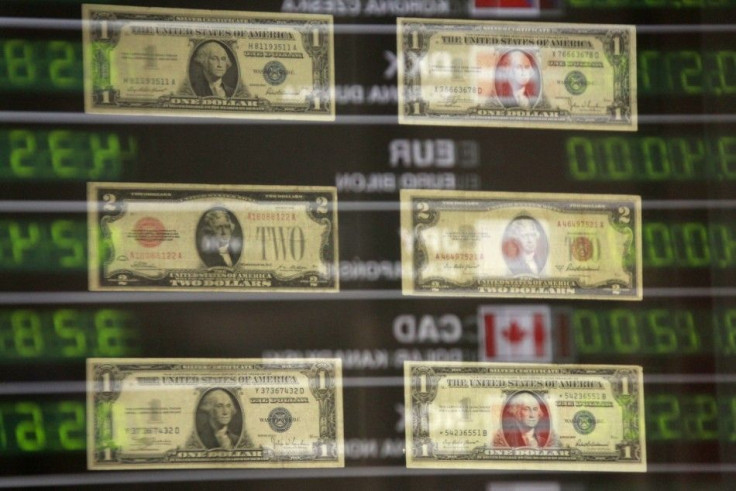Sen. Majority Leader Reid Links Obama Jobs Package to Action on China Yuan Bill

Is this the season (or year) that the U.S. finally moves the correct levers to get China to a adopt a more reasonable currency policy?
It will be, if Senate Majority Leader Harry Reid, D-Nev., gets his way.
Reid has underscored that he won't schedule a vote on President Barack Obama's jobs package until the Senate acts on a China currency bill -- a bill that the administration doesn't support, thehill.com reported Wednesday.
Reid: China Currency Legislation Is First
Reid, who is sponsoring the jobs package in the Senate, said Monday the Senate will first take up a bill that seeks to punish China and other nations for currency manipulation.
I don't think there's anything more important for a jobs measure than China trade, and that's what we're going to work on next week, Reid said, The Washington Post reported.
Up to now, the U.S. Congress has delayed implementing a full-court press against China, preferring to let the executive branch -- encompassing the George W. Bush and Obama administrations -- to motivate/encourage China to let the yuan appreciate. The executive branch efforts have only been a minimal, and some would say statistically insignificant, success.
A Case of 'Monetary Merchantilism'?
China keeps it currency, the yuan, pegged to the dollar at roughly 6.36 yuan to the dollar. The peg has the effect of substantially decreasing the price of China's exports to the U.S., which in many cases gives its companies a price advantage.
China argues that the fixed yuan is necessary to protect for its embryonic industries and vulnerable economy, and that the world benefits from China's cheaper goods.
The U.S. counters that the practice is the equivalent of monetary mercantilism -- an unofficial subsidy that enables China to grab market share for exports that it wouldn't otherwise if the yuan was allowed to float freely.
The Senate's China currency measure has strong bipartisan support in the upper chamber, particularly from senators whose states have experienced large, China-outsourced job losses, U.S. Sen. Sherrod Brown, D-Ohio, and U.S. Sen. Debbie Stabenow, D-Mich.
A China currency bill passed the House last year, 348-79, despite the fact that the House Republican leadership opposed it.
The Senate China currency bill would require the U.S. Treasury Secretary and the U.S. Trade Representative to treat currency manipulation as an anticompetitive trade practice and take countervailing action to boost domestic companies, thehill.com reported Wednesday.
Monetary/Economic Analysis: There's a Washington axiom that goes, Politics is deep, and the currency / jobs dual bills tango is a quintessential example of that. Reid appears to be willing to use the jobs bill as leverage to gain support for the China currency bill.
The tactic has its risks -- the chief of which being a much-needed jobs bill isn't passed by the Senate. That would be a tragedy for job seekers and for the U.S. economy at-large.
That said, Reid has a valid argument in that it's time the U.S. took substantive action to punish China for an undervalued yuan: millions of export-oriented U.S. jobs have been transferred overseas, due to China's artificially-cheap exports. Further, the U.S. doesn't have to worry about China selling a portion of its investments in U.S. bonds: the world is awash in capital and there will be plenty of institutional investors willing to make-up for any China T-bill sales.
The best resolution of the above would involve a China decision to let the yuan appreciate more, to 5.75 yuan per dollar by the end of 2011 and 5 yuan by the end of 2012. If that occurs, the Senate can then table the currency bill and focus on the much-needed jobs package. Unfortunately, however, it doesn't look like China will let the yuan appreciate by that large an amount.
© Copyright IBTimes 2024. All rights reserved.











